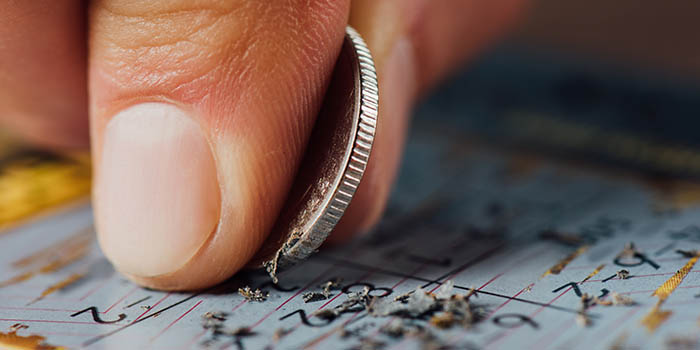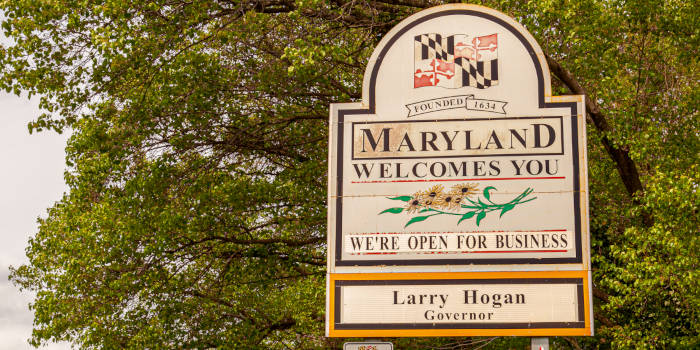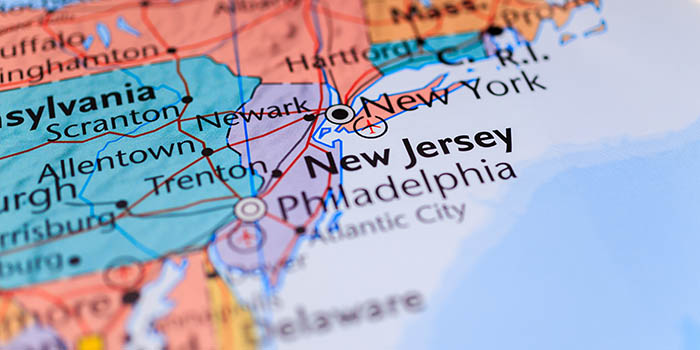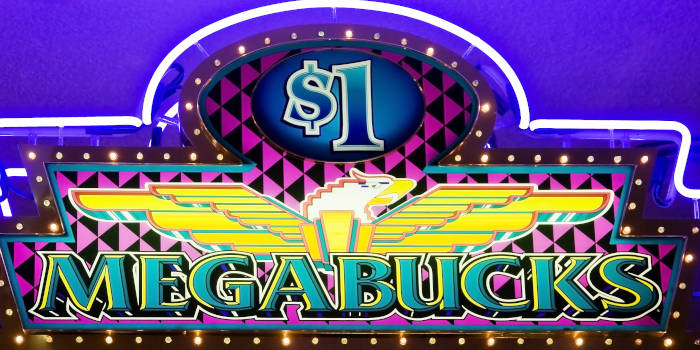Wyoming Legalized Sports Betting, Launch Set for September 1

Wyoming officially became the second US state since the beginning of 2021 to pass legislation for sports betting legalization after Gov. Mark Gordon signed into law House Bill 133.
Mobile-Only Model, Experienced Operators
The bill signed by Gov. Gordon allowed the state to approve up to 5 sports betting operators which are currently operational in at least 3 other states as the mobile-only sports betting model adopted by state lawmakers due to Wyoming lacking land-based casinos is relying on experience.
The state features 4 Class II gaming halls operated by the Eastern Shoshone Tribe of the Wind River Reservation, but since the new law requires Class III compact, the tribe is not allowed to offer sports betting. The Eastern Shoshone Tribe has been trying to obtain Class III gaming compact for a while but so far state lawmakers refused to grant them one.
Wyoming legislators authorized the Gaming Commission in the state with the power of regulation for the sports betting market and tasked it with developing a framework for operators to enable the market to go live on September 1, 2021.
Financial Details and Projections
Introduced in February by 6 state representatives and 2 senators, House Bill 133 approved 5-year operator licenses for a fee of $100,000 each, which could be renewed on an annual basis for $50,000, while vendors will have to pay $10,000 initially for the license and $5,000 per annum after the 5-year period expires.
The sports betting law, which set a 10% tax rate on gross gaming receipts (GGR), made provisions for the first $300,000 received by the state from sports betting to be allocated to programs treating gambling addiction, while the rest of the revenue would go to the state’s general fund.
According to financial projections provided by the Commission, the sports betting market in Wyoming is set to reach upon maturity $450 million in wagers annually, with the final figure highly dependent on the conversion rate for current sports bettors at illegal offshore websites.
Considering a slightly lower operator hold rate of 6%, the state is looking at around $27 million a year in tax money, an amount that would not offset the drop in revenue due to the coronavirus impact in a state which was already facing budget holes due to the reduction in the oil and coal industries even before the virus outbreak.
“It’s not going to solve all the issues that we’re seeing in the mineral industry, that’s for sure. But it’s going to help a little bit.”
Sen. Jeff Wasserburger
A month earlier, the passing of House Bill 133 was more than doubtful after the bill failed at the first attempt in the House March, 9, only to receive approval the next day. In the Senate Appropriations Committee, the bill met no serious opposition, while the full Senate voted 24-5 to pass the bill.
With 4 years experience as an analyst, Julie—or ‘Jewels’, as we aptly refer to her in the office—is nothing short of a marvel-worthy in her attention to the forex and cryptocurrency space as she quickly became the first pick to co-pilot education to the masses with Mike.














